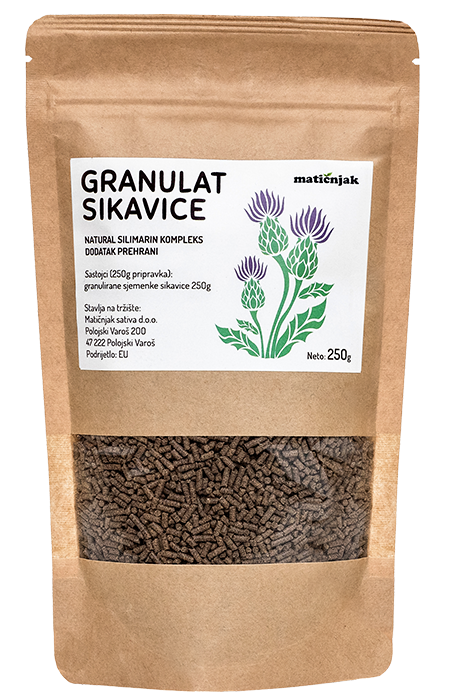In the twentieth century, doctors and scientists agreed on a basic set of vitamins necessary for human health. And what about other nutrients?
Fats in food have had a dubious reputation until recently, but again, thanks to science, today's understanding of them has changed. Among their functions, lipids represent the most important energy reserve in the body, and in addition, they facilitate the absorption and transport of vitamins A, D, E and K, and perform structural, immunological or mediating functions of inflammation.
Fatty acids are an important component of the human body because they are the main components of cell membranes.
Omega-3 and omega-6 unsaturated fatty acids are the most important because of their multiple biological roles, and the levels of these fatty acids have been shown to be altered in various diseases. And that's why healthy fats are the basis of health.
Generally, this heterogeneous group of molecules is divided into saturated and unsaturated fats.
The body is capable of producing saturated fatty acids in a certain amount, so although they are necessary for some physiological and structural functions, in terms of external intake, they are required in small amounts. On the other hand, trans-fatty acids almost always come from the intake of industrial foods that are hydrogenated and have no health benefits. fatty acids and increased risk of coronary heart disease and several types of cancer. Therefore, the amount of these fats in the diet should be - none.
Polyunsaturated fatty acids have two or more double bonds in their structure and are found mainly in cold-pressed seed or nut oils. Omega-3 and omega-6 fatty acids belong to this group.
Countless clinical studies have been conducted for decades that show the benefit of omega fatty acids, especially for the health of the heart, blood vessels and brain, where they appeal to achieve an appropriate balance of omega 3-6-9 by introducing cold-pressed oils, nuts and fish into the daily diet.
Cold-pressed oil of black cumin, wild flax, hemp or walnut in the daily diet leads to maintaining the necessary omega balance, and on top of that, each of these oils contains additional specific bioactive components that have a positive effect on health status.

Nutrition and inflammation
The inflammatory process occurs when the body tries to defend itself against infections and/or tries to repair damaged tissue. Most of the time this process has a protective function, but it can transform into chronic inflammation that leads to the development or progression of chronic diseases, including rheumatoid arthritis, coronary vascular disease, neurological diseases and cancers. Inflammation is at the root of many chronic diseases, and nutrition plays an important role in this process.
CRP (c-reactive protein) is a marker of inflammation in the blood that doctors often use to get an insight into the level of inflammation present in our body and to determine the risk of developing the disease.Constantly elevated CRP has been found in Western cultures where diets rich in meat and saturated and trans-fatty acids abound.
Omega-3 and Omega-6 fatty acids are closely related to the management of inflammation in the body. Fatty acids provide the body with building blocks for the production of prostaglandins that increase or decrease inflammation. In short, saturated fatty acids create prostaglandins that increase inflammation, and omega-3 and omega-6 create prostaglandins that reduce inflammation. Today's diet provides the body with enough saturated fatty acids, but not unsaturated. And that should be changed, that is, fish, cold-pressed oils and nut products should be included in the diet.
- Black cumin oil 250ml - 161.00kn
- Hemp oil 250ml - 92.00kn
- Wild flax oil 250ml - 96.00kn
- Walnut oil 100ml - 83.00kn
Five Tibetan cold-pressed oil blend offers a new measure of good health with the scientifically recommended ratio of omega-6 to omega-3 (3:1) and omega-9. Find out more on our blog: Five oils that would be good to take every day
[Recommended blogs]
- Recipes
- Black cumin, honey and Arabian horses
- Macerati - a combination of oil and medicinal herbs
- The best three oils for natural skin care
- Why canola oil is better than refined oils
Ivo Bačlija, herbalist, apitherapist
+The information and statements are for educational purposes and should not replace your doctor's advice.








